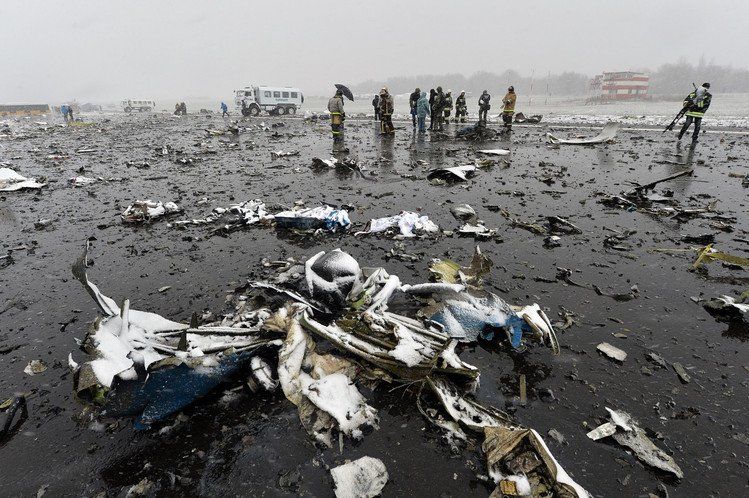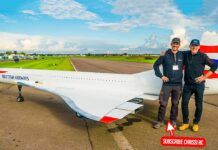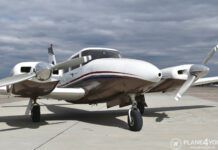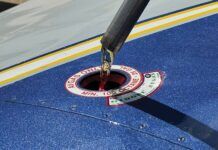
Investigators have begun analyzing the damaged cockpit voice and data recorders from the FlyDubai Boeing 737-800 that crashedat Rostov-on-Don airport inRussia early Saturday, killing all 62 on board. Wind shear reports and gusts up to 50 mph at the time of the crash have gained the most attention in analyzing what led to the crash. Meanwhile, former and current pilots at the Dubai-based budget airline are speculating that fatigue was a factor. Russian news outlet RT, quoting an unnamed former captain for the airline, reported this week that FlyDubai pilots had complained of working too many consecutive shifts and feared a fatigue-related crash would happen.
The report said one of the pilots in Saturday’s crash, Alejandro Cruz Alava, had worked for 11 days with one day off, while the captain, Aristos Socratous, reportedly gave notice of his resignation to the airline due to an overloaded work schedule.”Everybody at the company has these dangerous shifts from day flight to night flight, and then back to a day flight, and then back to a night flight, and it has definitely been a big issue for a long time,” the former pilot told RT. Russian transportation officials are examining operations at all budget airlines that fly in the country, and a member of the Russian Investigative Committee has said weather conditions coupled with pilot error or a technical problem have been the focus of the investigation, The Moscow Times reported.
































